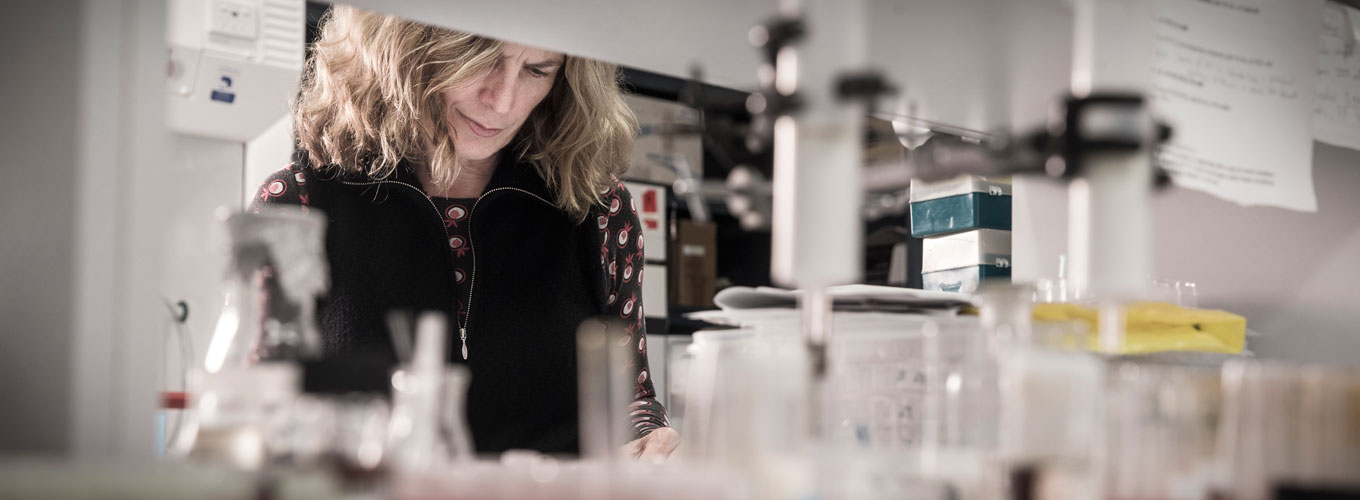Life of extremes
From the coldest place on Earth examining what secrets mosses keep about past weather patterns to studying how other plants survive in extraordinarily hot climates, Professor Sharon Robinson’s research is contributing much to our understanding of how plants adapt to change.
A plant ecophysiologist and climate change biologist, Robinson is well known internationally for her research on Antarctic mosses and the innovative techniques she has brought to surveying and studying these precious plants. She is highly regarded as a teacher and mentor, and is a sought after thesis supervisor. And she maintains extensive connections nationally and around the world, with other research organisations as well as industry.
An example of the esteem Robinson holds is her membership of the United Nations Environment Programme, Environmental Effects Assessment Panel, through which she provides advice to governments around the world on the impact of ozone depletion on terrestrial ecosystems.
Her research expertise is investigating how plants obtain and use energy. Throughout her career, Robinson has applied this knowledge to specific plant communities, in particular Antarctic mosses. With a multidisciplinary and multinational team, the impact of this research is far-reaching and has informed and changed the management and conservation of terrestrial plant communities in the Antarctic.
Always willing to apply new techniques and technologies within her research, Robinson’s latest project is as part of a team developing novel methods for measuring canopy photosynthesis and thus plant productivity remotely using unmanned aerial vehicles (UAVs). It offers potential for a new dimension to our understanding of the so-called breathing canopy that sustains so much life on Earth.
Robinson understands the importance of quality teaching to encourage the next generation into science: teachers she encountered during her primary and secondary school days in Cornwall, England, have been a source of inspiration for Robinson, particularly when she did a brief stint as a teacher following university.
“I teach plant biology at all levels within the School of Biological Sciences and try to enhance my teaching with examples from my research wherever possible. We are training the next generation of scientists and hopefully I can also show them that international multidisciplinary science can be both rewarding and fun.”
Copyright © 2016 University of Wollongong. CRICOS Provider No: 00102E Privacy | Disclaimer & Copyright Info | Site Map

